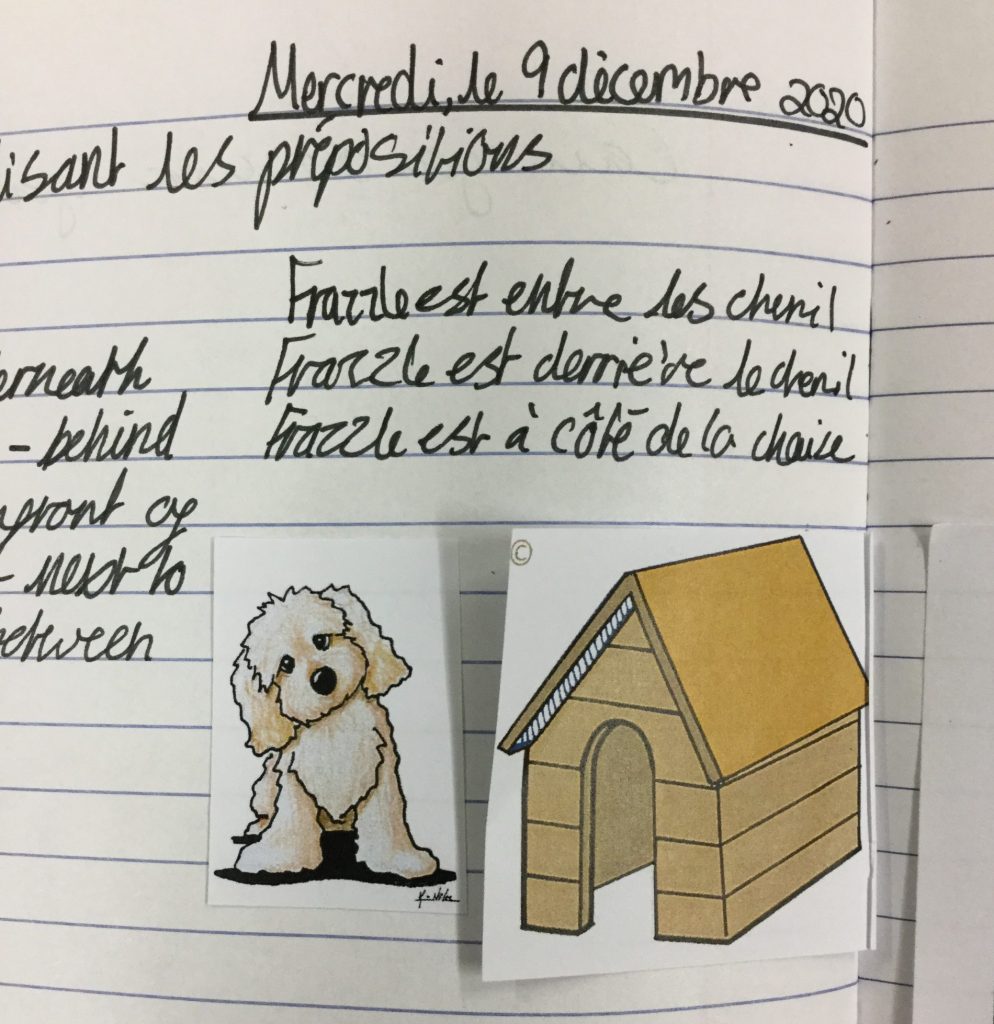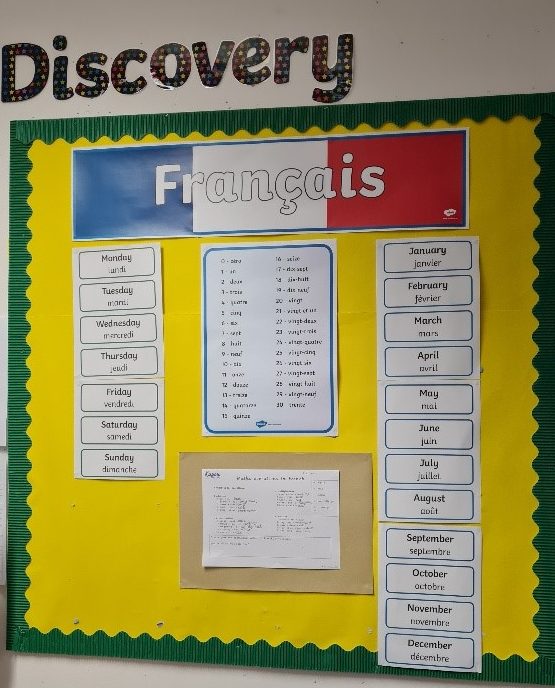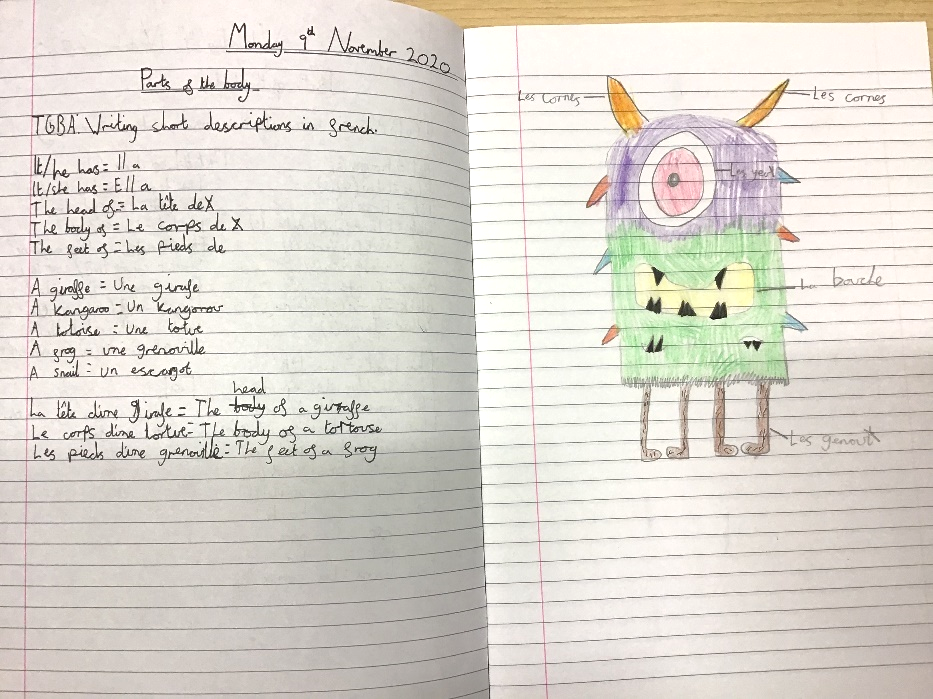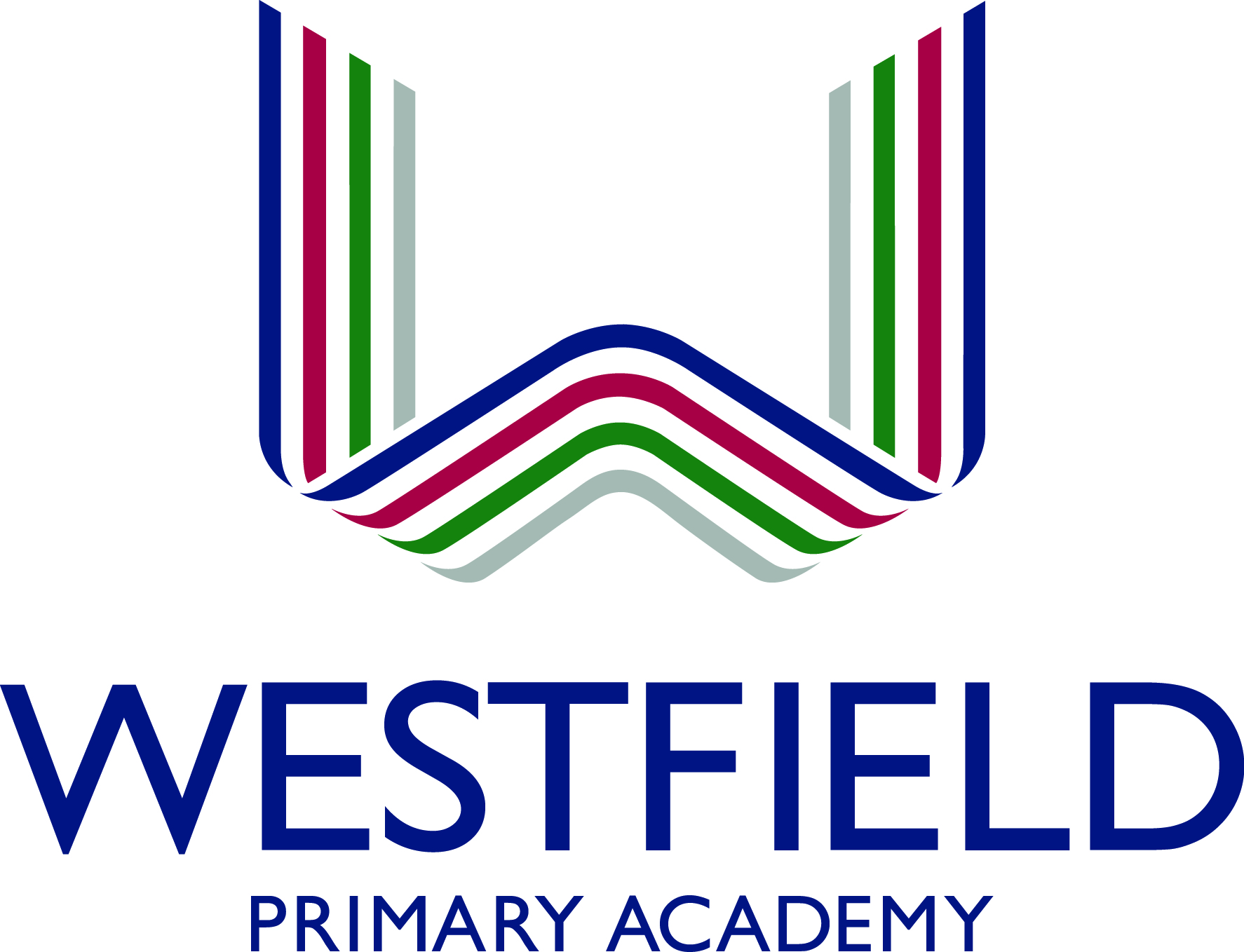Modern Foreign Languages
Our vision for learning French at Westfield Primary Academy is to provide a high-quality and engaging curriculum for all children in Key Stage 2, enabling them to learn to communicate effectively in another language as well as understanding people from another culture.
Through subject specific learning blocks, allocated at regular intervals, we will enable our pupils in Key Stage 2 to:
- Cover all the requirements of the National Curriculum for MFL;
- Gain confidence and enjoyment in their ability to communicate their ideas and thoughts effectively in another language leading on to further study at Key Stage 3;
- Develop an awareness of their place in the global community;
- Begin to understand how communication can create communities which are wider than geographical boundaries;
- Value contributions of different peoples and cultures.
In addition to explicit French teaching in Key Stage 2, all children in Early Years and Key Stage1 will also encounter French and other languages through activities such as reading books in French, learning French terminology for key routines and singing French songs.
Furthermore, Westfield Primary Academy benefits hugely from its community of pupils representing a wide spectrum of different nationalities and cultures, including children for whom English is an additional language. Our school seeks to encourage understanding and tolerance between people of all cultures and languages and all children are encouraged to share their knowledge of languages and cultural events, spoken and celebrated at home.
The Subject Leader for Languages maintains an action plan to monitor the intent, implementation and impact of French provision at Westfield Primary Academy, as well as celebrating and encouraging contributions from world cultures to the whole school.








The National Curriculum for Languages
“Learning a foreign language is a liberation from insularity and provides an opening to other cultures. A high-quality languages education should foster pupils’ curiosity and deepen their understanding of the world.”
(National Curriculum 2014)
- The aim of the National Curriculum is for pupils to learn to communicate effectively – both verbally and in written form – in another language.
- The purpose should lead to being able to communicate in practical situations, to understand different viewpoints and thought processes and to allow children to access seminal texts in another language.
- It relates to a wider aspiration that pupils learn that they are citizens of a global community and should support their understanding of the need for wider understanding between countries and cultures, linking to aims for SMSC learning.
Aims of the Language Curriculum
The national curriculum for languages aims to ensure that all pupils:
- understand and respond to spoken and written language from a variety of authentic sources
- speak with increasing confidence, fluency and spontaneity, finding ways of communicating what they want to say, including through discussion and asking questions, and continually improving the accuracy of their pronunciation and intonation
- can write at varying length, for different purposes and audiences, using the variety of grammatical structures that they have learnt
- discover and develop an appreciation of a range of writing in the language studied.
